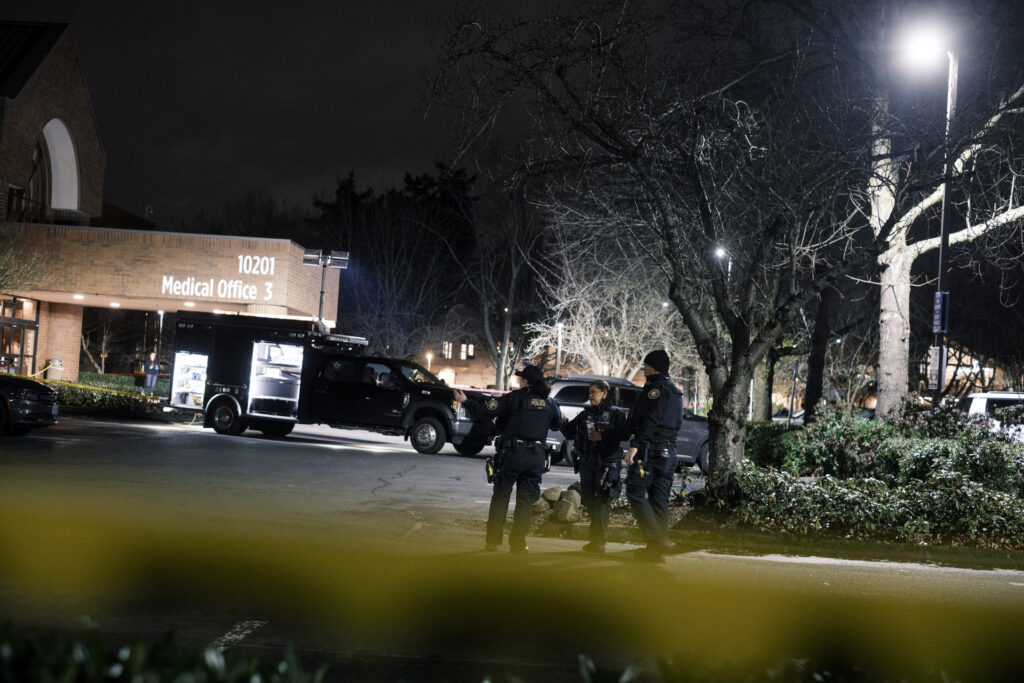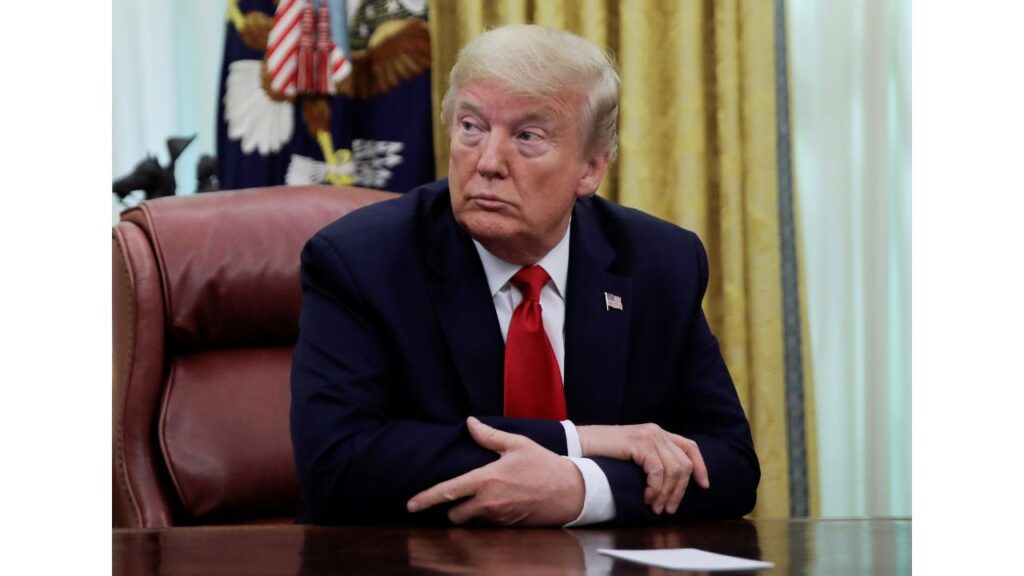Share
Foreign Affairs Subscription
Editor’s Note: After this article went to press, the Biden administration announced a number of measures that align with recommendations it made, including reversing the Trump administration’s designation of the Houthis as a terrorist organization, appointing a special envoy for Yemen, curtailing support for offensive operations by the Saudi-led coalition in the conflict, supporting the UN-led peace process, and offering assurances to Saudi Arabia regarding the defense of its territorial integrity. Also after the article went to press, one of its authors, Robert Malley, was appointed U.S. special envoy to Iran.
In late March 2015, Saudi officials came to the Obama administration with a message: Saudi Arabia and a coalition of partners were on the verge of intervening in neighboring Yemen, whose leader had recently been ousted by rebels. This wasn’t exactly a bolt from the blue. The Saudis had been flagging their growing concerns about the insurgency on their southern border for months, arguing that the rebels were proxies for their archrival, Iran. Still, the message had what Obama administration officials characterized as a “five minutes to midnight” quality that they had not quite anticipated: Saudi Arabia was going to act imminently, with or without the United States. But it much preferred to proceed with American help.
President Barack Obama’s advisers looked on the decision facing the administration with queasiness. Both of us were serving in senior positions at the National Security Council at the time, one advising on Middle East policy and the other on human rights and multilateral affairs. Everyone in the administration knew the checkered history of U.S. interventions in the Arab world, most recently in Libya, and was well aware of the president’s strong distaste for another one. From Vietnam, Afghanistan, and Iraq, officials knew how hard it was to defeat an insurgency—how promises of a quick victory over a determined group of rebels have a way of disappointing. In this case, there was extra reason to be skeptical. U.S. officials thought Saudi Arabia was exaggerating Iran’s role, and they had no illusions that the Saudi armed forces, although well supplied with modern U.S. weapons, were a precision instrument. In short, there was plenty that could go wrong. As a former senior official would later tell one of us, “We knew we might be getting into a car with a drunk driver.”
By Robert Malley and Stephen Pomper | March/April 2021
RELATED TOPICS:
Categories

Google Guys Say Bye to California


















